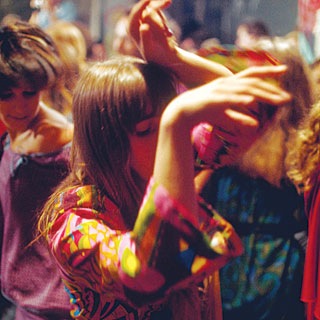
Albert Hofmann, the discoverer of LSD, lambasted the countercultural movement for marginalizing a chemical that he asserted had potential benefits as an invaluable supplement to psychotherapy and spiritual practices such as meditation. “This joy at having fathered LSD was tarnished after more than ten years of uninterrupted scientific research and medicinal use when LSD was swept up in the huge wave of an inebriant mania that began to spread over the Western world, above all the United States, at the end of the 1950s,” Hofmann groused in his 1979 memoir LSD: My Problem Child.
For just that reason, Hofmann was jubilant in the months before his death last year, at the age of 102, when he learned that the first scientific research on LSD in decades was just beginning in his native Switzerland. “He was very happy that, as he said, ‘a long wish finally became true,’ ” remarks Peter Gasser, the physician leading the clinical trial. “He said that the substance must be in the hands of medical doctors again.”
The preliminary study picks up where investigators left off. It explores the possible therapeutic effects of the drug on the intense anxiety experienced by patients with life-threatening disease, such as cancer…
[From Got Acid? Tripping Out: The Return of Hofmann’s Problem Child, LSD | Disinformation]